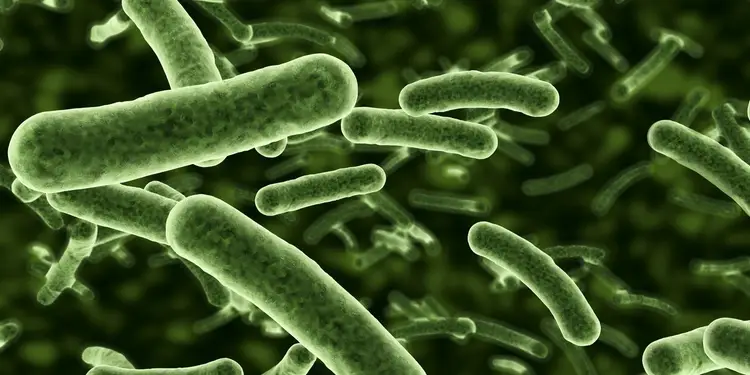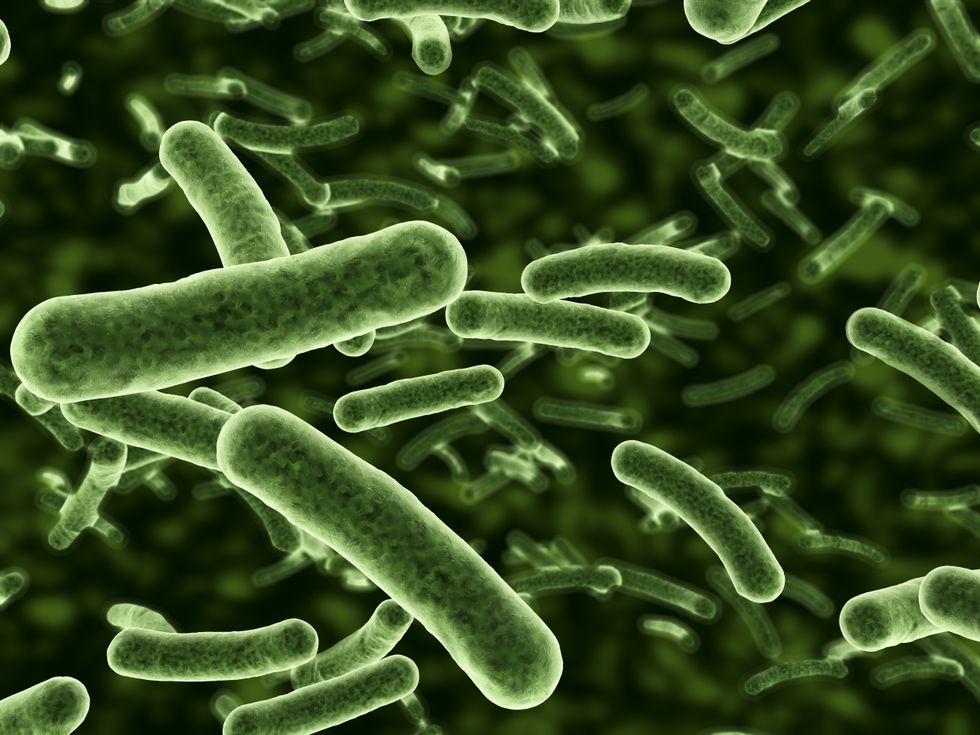Mirror bacteria: Scientists issue stark warning as lab-made microbes 'endanger all life on earth'

Researchers have provided a serious alert regarding the possible threats posed by "mirror bacteria"—theoretical synthetic organisms that, if developed in labs, could bring about major hazards to all forms of life on our planet.

A global team of top scientists has raised alarms about these artificial life forms, which will be created with reversed molecular structures that are not seen in the natural world.
These identical life forms have the potential to move freely between different ecosystems, posing a danger to humans, animals, and plants.
The alert arrives as developments in synthetic biology spark concerns about the potential to create these types of organisms, even though we are still many years from making it a reality.
An image showing bacteria.
At the core of this scientific issue is a key characteristic of the molecular components of life known as chirality, which refers to their structural asymmetry.
These molecules, such as DNA, proteins, and carbohydrates, come in distinct "handed" forms, much like how humans have left and right hands.
In the natural world, DNA and RNA are made up of right-handed structures, whereas proteins are formed from left-handed amino acids.
The bacteria would be modified to have their molecular structures flipped around, resulting in a type of life that is entirely distinct from anything currently recognized.
These man-made organisms cannot develop on their own; they have to be produced in controlled lab environments.
Experts caution that the distinct makeup of mirror bacteria could render them nearly invisible to their natural enemies.
"A synthetic mirrored microbe would not only be nearly undetectable to animals and probably plants, but it would also likely escape the notice of other microbes, including viruses that might otherwise infect and destroy it," says Vaughn Cooper, a microbiologist at the University of Pittsburgh.
Patrick Cai from the University of Manchester highlights the various dangers these organisms might present. He warns that "These bacteria could manage to bypass immune defenses, withstand natural enemies, and disturb ecosystems."
"This type of life has never been present or developed. As a result, every biological interaction would be altered or may not function at all," Dr. Cooper explains.
Although the technology for developing mirror bacteria is still hypothetical, researchers stress that it could take many years, possibly even decades, before it becomes a reality.
For this development to become a reality, major advancements in synthetic cell research will be necessary.
Nonetheless, researchers emphasize that it’s important to start conversations about safety early on, even if the timeline seems far off.
"Dr. Cai states, 'Although mirror bacteria are currently just a theoretical idea and may not be realized for several decades, we have a chance to think ahead and address potential risks before they develop.'"
Researchers point out that certain similar technologies, like reverse DNA and proteins, have the potential to enhance medical practices, even if they don’t directly result in the creation of mirror bacteria.
Scientists caution in their report that the possible dangers posed by mirror bacteria could be significant and widespread.
Specialists warn that these artificial organisms might turn into invasive species in various ecosystems.
The report, written by experts in various fields such as immunology, plant disease, ecology, evolutionary biology, biosecurity, and planetary sciences, raises concerns about the potential for widespread deadly infections affecting many plant and animal species, including humans.
This has led to requests for extensive conversations that include lawmakers, researchers, businesses, community groups, and everyday citizens.
The objective is to create safety procedures and recommendations before the technology becomes practical.
The researchers highlight the need to find a secure way to move ahead that safeguards both humans and animals, as well as the natural world.
Even though there are possible dangers, researchers are not advocating for limitations on the study of mirror bacteria.
"We don't advise limiting any of these research fields. I hope this sparks many conversations with a wider range of communities and stakeholders in the near future," Dr. Cai states.
Experts highlight the importance of starting conversations early to tackle possible risks while still enabling valuable research to proceed.
The emphasis is still on steering research in a responsible manner while ensuring safety for both individuals and the environment.
Technologies such as mirror-image DNA and proteins have the potential to lead to significant medical breakthroughs, emphasizing the need for steady and balanced advancements in science.
Researchers emphasize that having open and forward-looking conversations about safety will promote the responsible advancement of these groundbreaking technologies.









































